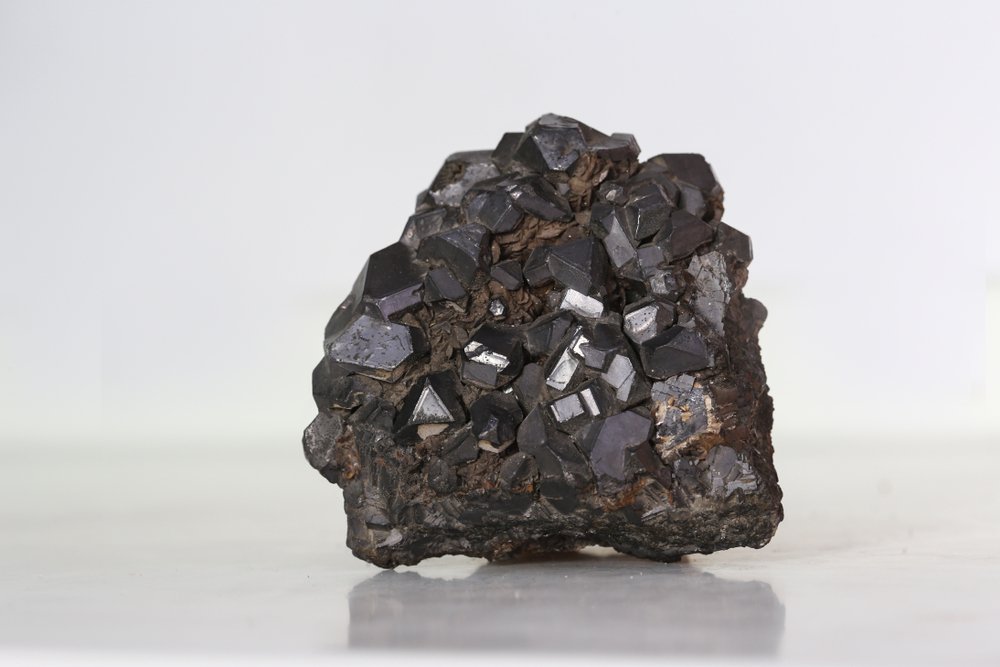
Metal detectors have become indispensable tools for treasure hunters, archaeologists, and gold prospectors alike. The allure of finding gold with these devices has captivated many enthusiasts. However, it is crucial to understand the frequency at which metal detectors can actually detect gold. In this blog post, we will delve into the factors that influence the success rate of metal detectors in finding gold, providing you with valuable insights and practical tips.
- Understanding Metal Detectors:
To comprehend how often metal detectors find gold, it is essential to grasp the functioning of these devices. Metal detectors work by emitting electromagnetic fields and detecting disruptions caused by metallic objects. They consist of a control box, search coil, and shaft, each playing a vital role in the detection process. - Factors Affecting Gold Detection:
a) Gold Purity and Size: The purity and size of the gold nugget significantly impact its detectability. Larger nuggets are easier to detect due to their increased surface area, while highly pure gold conducts electricity better, making it more detectable.
b) Soil Mineralization: The mineral content in the soil affects the performance of metal detectors. Highly mineralized soil, such as iron-rich or saltwater environments, can create false signals, reducing the chances of detecting gold accurately.
c) Detector Technology: Different metal detectors employ varying technologies, such as pulse induction (PI) or very low frequency (VLF). PI detectors are more suitable for highly mineralized soil, while VLF detectors are better at discriminating between different metals.
- Gold Detection Success Rate:
The success rate of metal detectors in finding gold varies depending on several factors. In general, experienced detectorists with advanced equipment have a higher likelihood of discovering gold. However, it is important to note that gold nuggets are relatively rare, and finding them solely relies on a combination of skill, persistence, and luck. - Tips for Improving Gold Detection:
a) Research and Location: Conduct thorough research on gold-rich areas, historical sites, and regions with a gold mining history. This knowledge will increase your chances of finding gold.
b) Proper Equipment: Invest in a high-quality metal detector specifically designed for gold prospecting. Consider features such as ground balance, sensitivity, and discrimination capabilities to enhance your detection capabilities.
c) Learn Detector Settings: Master the settings of your metal detector, including sensitivity, discrimination, and ground balance adjustments. Understanding these settings will help you fine-tune your device for optimal gold detection.
d) Practice and Patience: Like any skill, gold prospecting with a metal detector requires practice and patience. Regularly practice in different environments to improve your proficiency in identifying gold signals and distinguishing them from other metals.
Conclusion:
While metal detectors have the potential to uncover hidden treasures, including gold, the frequency of gold discoveries depends on various factors. Understanding the technology, environmental conditions, and employing effective strategies can significantly increase your chances of finding gold. Remember, successful gold prospecting requires a combination of knowledge, experience, and perseverance. So, equip yourself with the right tools, explore promising locations, and embark on your quest for golden treasures!

